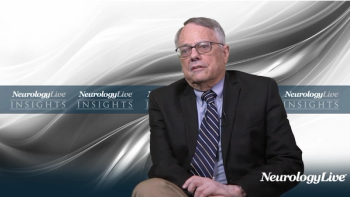
Videos

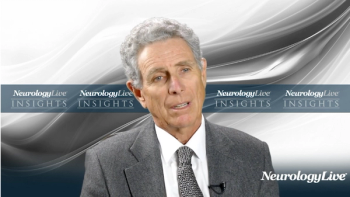
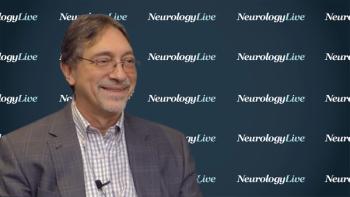
The Senior Vice President for Research and Training at Kessler Foundation spoke about research he and colleagues have developed at the Kessler Foundation to aid with cognitive problems in persons with MS.
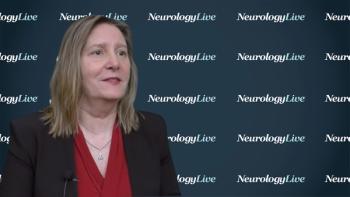
The Professor in UCLA's Department of Neurology and Director of the UCLA MS Program stressed the importance of basing research on clinical observations, understanding them in the lab, then designing novel clincal trials.
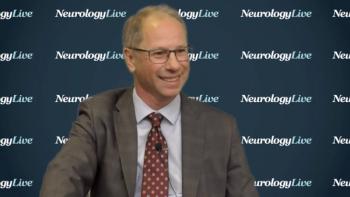
The neurologist at Cleveland Clinic Mellen MS Center spoke about the issues in multiple sclerosis that need to be addressed.

The Senior Vice President for Research and Training at Kessler Foundation discussed the results of the SUNBEAM trial, which indicated that ozanimod resulted in sustained improvement in cognitive processing speed, supporting its efficacy in relapsing MS.
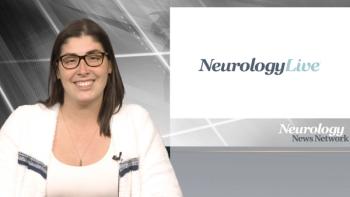
Neurology News Network for the week of March 30, 2019.
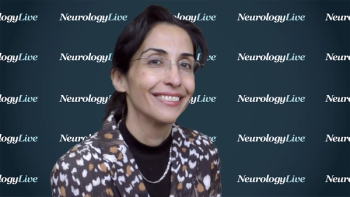
The immunology expert from the University of Sherbrooke shared her insight about where she sees the future of MS research headed, and the need to focus attention on the body’s innate immune response.
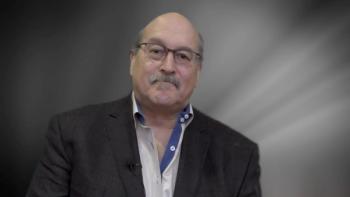
The director of the multiple sclerosis research unit at Ottawa Hospital spoke about the results of BENEFIT 15 that support early intervention of interferon beta-1b treatment at or shortly after CIS.

The research assistant at the University of British Columbia-Vancouver detailed the success of myelin water imaging in the spinal cords of both healthy controls and patients with multiple sclerosis.
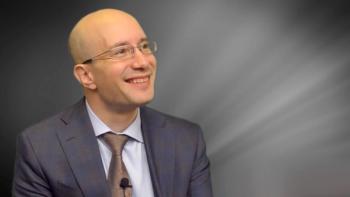
The multiple sclerosis specialist at the Corinne Goldsmith Dickinson Center for MS at Mount Sinai spoke about risk mitigation in patients with MS and why it's important to choose medicines in an effective way.

The director of the multiple sclerosis research unit at Ottawa Hospital spoke about the need for clinicians to select the right patient for the right treatment in the MS clinic.
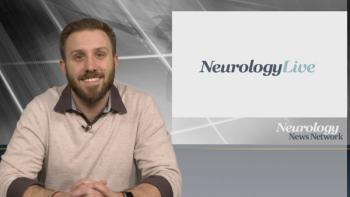
Neurology News Network for the week of March 22, 2019.

The therapeutic head of neuroinflammation and pain at Novartis spoke about his desire to work to a point where physicians can use NfL to monitor disease activity, make therapeutic decisions, and give perspective to patients.
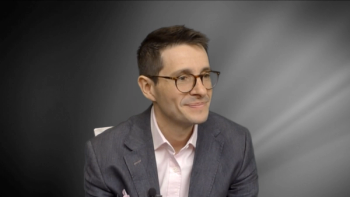
The staff neurologist at Cleveland Clinic's Mellen Center spoke about his clinical experience in switching patients from their current disease-modifying therapy to ocrelizumab.
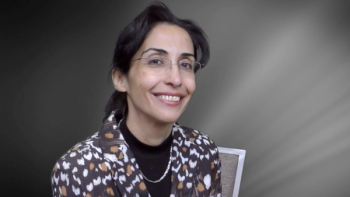
Gharagozloo spoke about the early phase model of MS she and her colleagues developed to explore the use of Nlrx1, a mitochondria-located innate immune sensor, in CNS inflammation.
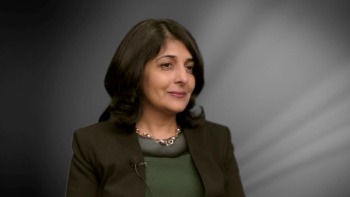
The professor of neurology at Harvard Medical School spoke about the long-term correlations between neurofilament light chain and MS outcomes.
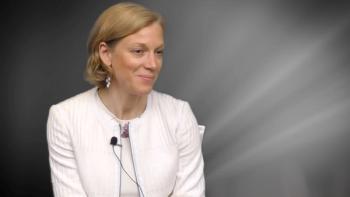
The Postdoctoral Scholar at the University of California San Francisco spoke about a longitudinal study that evaluated the utility of spinal cord atrophy measured from brain scans as a surrogate marker for impending conversion to secondary progressive MS.
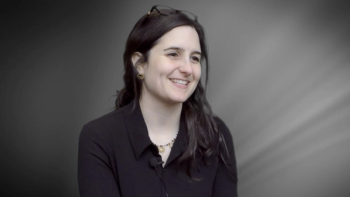
The staff neurologist at the Mellen Center shared the findings from a poster the group presented from the cohort of patients in which they evaluated quantitative MRI.
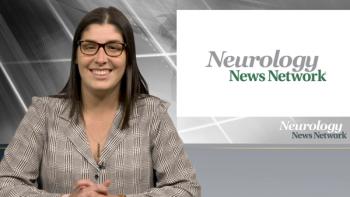
Neurology News Network for the week of March 16, 2019.

The staff neurologist at Cleveland Clinic's Mellen Center spoke about the real-world observational study of the primary-progressive MS treatment.

The staff neurologist at Cleveland Clinic's Mellen Center spoke about re-examining patient-reported outcomes to better understand the quality of life of patients and how it can affect clinical care.

The Andrew & Erna Viterbi Professor of Electrical Engineering and Computer Science at MIT spoke about a new way of continuous monitoring for patients with MS and neurodegenerative disorders, discovering changes in quality of life and new biomarkers.

The director of the probabilistic vision group and medical imaging lab at McGill University spoke about how these learning methods can be used to predict future lesion activity and disability progression in MS.

The director of the Corinne Goldsmith Dickinson Center for MS at Mount Sinai School of Medicine spoke about the major issues in MS right now: being able to individually prognosticate, moving toward developing better therapies for a progressive disease, and repairing the damage to the nervous system.

The staff neurologist at the Mellen Center for MS at Cleveland Clinic spoke about the potential for the central vein sign to help address issues of misdiagnosis in multiple sclerosis

The director of the multiple sclerosis research unit at Ottawa Hospital spoke about the importance of long-term efficacy studies.
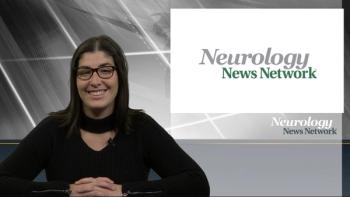
Neurology News Network for the week of March 9, 2019.

The staff neurologist at Cleveland Clinic's Mellen Center spoke about the importance of a comprehensive approach to managing patients with multiple sclerosis.

The professor of neurology at Harvard Medical School shared her methods for diagnosing pediatric MS and about the importance of managing the disease in a larger sense.
